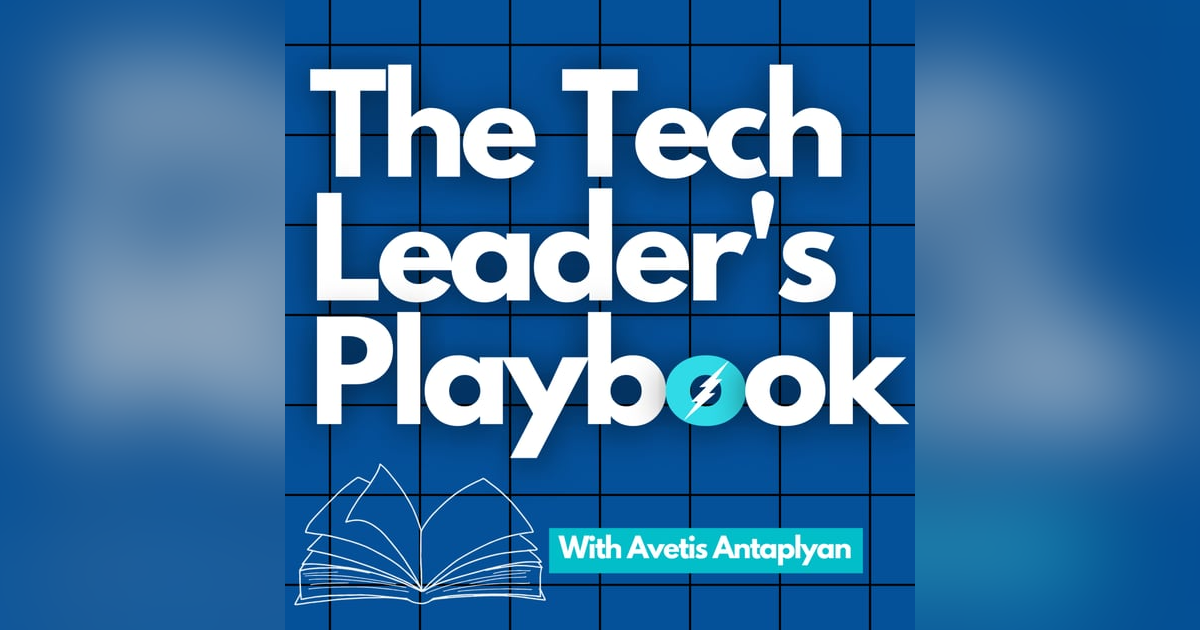Crafting Precision in Conversation: Learn from Communication Guru Chris Fenning

Chris Fenning, a renowned author and communication expert, shares his journey from being an aerospace engineer to becoming a communications instructor and trainer. He discusses the gap he noticed in communication advice, particularly in being clear and concise. Chris introduces the concept of the 'first minute' and explains how framing a conversation with context, intent, and a key message can improve communication effectiveness. He also highlights the importance of focusing on solutions rather than problems and provides tips for crafting effective emails. In this conversation, Chris Fenning and Avetis Antaplyan discuss effective communication in the workplace and in personal relationships. They explore topics such as brevity in emails, the balance between providing sufficient details and being concise, the importance of framing conversations, and the challenges of communication between technical and non-technical stakeholders. They also touch on the role of AI in communication and the need for prompt engineering. Overall, the conversation emphasizes the importance of clear and intentional communication in building strong relationships and achieving desired outcomes.TakeawaysChris Fenning transitioned from being an aerospace engineer to a communications instructor and trainer.The gap in communication advice, particularly in being clear and concise, led Chris to write his book 'The First Minute'.Framing a conversation with context, intent, and a key message is crucial for effective communication.Focusing on solutions rather than problems can lead to more productive conversations.Crafting emails with a clear subject line and keeping them concise improves read and response rates. Brevity is important in email communication, but it's essential to provide sufficient details to get the point across.The inclusion of niceties in emails can vary depending on the recipient's preferences and the urgency of the message.Clear framing of conversations is crucial to avoid misunderstandings and ensure effective communication.In personal relationships, it's important to understand whether the other person wants to vent or seeks problem-solving advice.Technical leaders should focus on communicating the impact and outcomes of technology rather than the technical details.AI can assist in communication, but it's important to review and edit the output to ensure it aligns with the intended message.As technology evolves, the role of communication in tech will continue to be essential, and understanding how to communicate effectively will be a valuable skill.Chapters00:00Introduction and Chris Fenning's Journey03:36The Gap in Communication Advice06:19The Power of the First Minute16:07Framing Conversations for Clarity26:30Crafting Effective Emails28:47Mastering Brevity in Email Communication32:53The Challenge of Framing Conversations37:06Balancing Venting and Problem-Solving in Personal Relationships42:42Effective Communication with Non-Technical Stakeholders46:08The Role of AI in Communication: Pros and Cons47:01The Importance of Prompt Engineering in AI Communication50:53The Future of Communication in Tech












